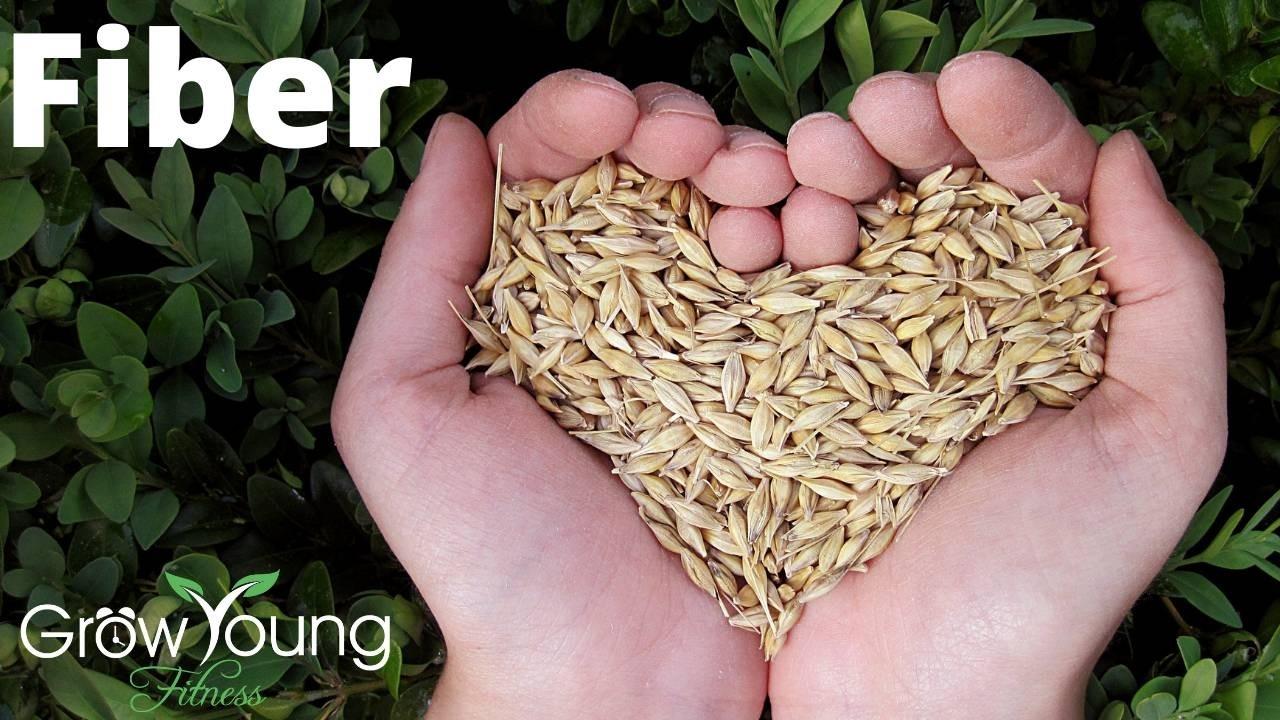Fiber: Why is it important?
Nov 29, 2020
Why Is It Important To Have Fiber In Your Diet?
It’s important to get enough fiber, especially as you grow older. There are many benefits to eating a diet that is rich in fiber. Numerous studies have proven that fibrous foods help seniors age healthier because they lead to lower cholesterol, control blood sugar levels, normalize bowel movements, and help them manage a healthy weight. Fiber is found in a lot of foods, fruits, vegetables, nuts and legumes, grains, and cereals. It also is easy to add to daily meals. Despite the advantages of maintaining a diet with the proper amount of fiber, many aging adults don’t get enough.
How do we get fiber?
High-fiber foods are generally low in fat and calories, yet packed with essential minerals and vitamins that promote healthy bodily functions. There are two different types of fiber, insoluble and soluble.
Insoluble
When most people think about fiber, insoluble fiber comes to mind. It does not dissolve in water, and as it travels through the digestive tract and does not change its form. Insoluble fiber performs a variety of helpful functions in our bodies. It controls pH acidity levels in the intestines to eliminate toxic waste through the colon to the digestive tract. It also promotes regular bowel movements.
A range of foods contain this fiber. These include vegetables, especially dark, leafy green types. Also, root veggie skins and fruit skins, seeds and nuts, wheat bran and corn bran, and whole-grain products also are high in insoluble fiber.
Soluble
Soluble fiber is very different from insoluble. It dissolves in water and also changes its form while moving through the digestive tract where it’s fermented by bacteria. It binds to fatty acids, slows down the time it takes to empty the stomach, and also slows the rate of sugar absorption. It’s necessary for people with metabolic syndrome and diabetes. This type of fiber is also known to lower cholesterol levels, which is something that’s always important when you’re getting older.
There are many healthy sources of soluble fiber, including kidney beans, apples, oranges, zucchini, grapefruit, brussel sprouts, broccoli, prunes, oatmeal, whole-wheat breads, and spinach.
Why do we need fiber?
After understanding how fiber functions in the body, it’s helpful to know how it keeps us healthy as we age. Researchers tracked the habits and health stats of 1,609 adults, age 49, who were cancer free and had no problems related to stroke or coronary artery disease. They analyzed total fiber and carbohydrate intake and other dietary factors such as glycemic index and sugar intake. Considering all of these measurements, researchers found fiber intake was by far the most important factor to successful aging, free of disease and disability. 15.5 percent of the participants were said to have a successful aging status. These individuals with higher fiber intake were nearly 80 percent more likely to live longer, healthier lives.
How Much Fiber Should You Eat?
The majority of people are not consuming enough fiber. This is especially true for seniors. Men over the age of 50 should consume 30 grams of fiber per day, and women over 50 should have 21-24 grams of fiber per day. It is also important for younger adults to have a diet rich in fiber. For those 50 years and younger, the recommended intake is calculated at 38 grams for men and 25-28 grams for women.
Most dietitians say your ratio of soluble versus insoluble fiber should be 25-75 percent, three parts insoluble to one part soluble. Most high-fiber foods contain both types of fibers. Your focus should be on consuming more fiber in general rather than thinking about what type it is. In most cases, 5-7 servings of fruit and vegetables and 2-3 servings of legumes/whole grains each day should allow you to meet your daily fiber requirement. Supplements can aid you in reaching this goal, and can be combined with a diet consisting of lots of veggies and legumes.
Be sure to start slowly when adding foods that are rich in fiber as snacks and meals because too much fiber too fast can potentially cause pain and discomfort. When adding fiber to your diet, be sure to drink plenty of water. This will keep fiber moving through the digestive tract. Also, always avoid foods such as processed pastas and white breads. The refining process of these foods lowers the fiber content, taking the nutritional and health values out.
TIP: If you love pasta, use Lentil Pasta or other Legume Pastas in place. (Great protein and fiber content.)
Healthier You-
Adults today, especially those over the age of 50, typically do not get enough fiber in their daily diets. I cannot stress enough that you need to be eliminating processed foods and stick to the “whole foods” approach when it comes to where you are getting your foods.
A whole food is anything that contains 1 ingredient and are found in the produce section.

